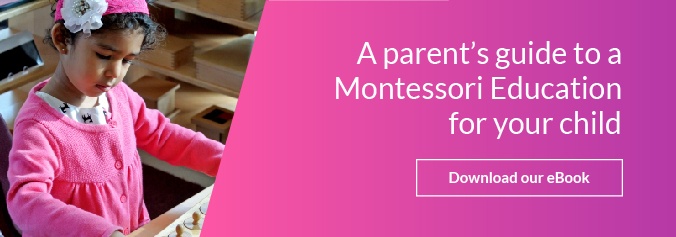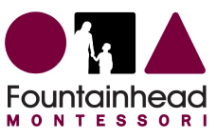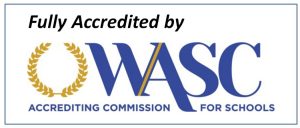One of the main goals of the Montessori Method is to prepare students to be successful in life – not just the classroom. Students are provided with opportunities to explore their interests, do focused work, and collaborate with others. Each aspect of the elementary Montessori classroom is designed with these types of long-range goals in mind. But before your child can move on to adulthood and put these important lessons into action, he or she has to make it through secondary education first. Will an elementary Montessori education prepare your child for a rigorous secondary education? A Montessori school that follows the standards outlined in the Montessori Method will help your child develop everything he or she needs to excel in a rigorous secondary education program.
Self-directed learning
Self-directed learning is an important part of an elementary Montessori education. Students are encouraged and allowed to follow their natural curiosities and have a say in how they learn and master concepts. To some parents, this idea may sound like nothing more than unstructured playtime but it is one of the best ways for children to learn new and challenging subjects. The teacher in the elementary Montessori classroom is a careful observer of each student. As each student develops and learns the teacher designs individualized learning plans to meet their needs. The teacher provides students with options for learning each day that is age appropriate and that fit within the individualized learning plan. Students who master a concept quickly can move on to the next area of learning. When creating her philosophy of teaching, Maria Montessori found that students learn more quickly and take on more challenging work when they can explore the subjects in a way that interests them. Also, when students have a say in how they learn a topic it puts some of the responsibility for their education on their shoulders. Helping children develop a sense of responsibility for their learning is one of the most effective ways to prepare them to face the rigors of secondary and post-secondary education.
High educational and behavioral expectations
Maria Montessori held that each child is an individual that deserves respect. This belief, along with the understanding that children learn and think in unique ways, informed the design of the classroom and curriculum. The child-centered approach of the Montessori Method in no way means that the expectations of students are low or lax. You will find that elementary programs that follow the Montessori Method closely have some of the highest academic and behavioral expectations for students. In the Montessori classroom, students are expected to find solutions to the problems they encounter. If a student encounters a question when working on mastering a concept, he or she is not provided with an answer. Instead, the student must use the available resources as well as his or her creativity to find a solution to the problem. If problems arise between students they are expected to work toward a resolution before the teacher or assistant intervenes. The children always have access to the help of the adults in the classroom – of course – but they provided a chance to find their solutions to any problems they encounter first. The educational and behavioral expectations your child will experience with a Montessori education will make him, or she uniquely qualified to handle a challenging secondary education program.
Elementary Montessori education is a great way to prepare your child for a rigorous secondary education. You can get a firsthand view of the challenges that the Montessori classroom provides by scheduling a time to observe a class. Through an in-person observation you will gain a clearer understanding of what Montessori education means and if it is a good fit for your child. 











Let us know what you think about this post
Put your Comment Below: